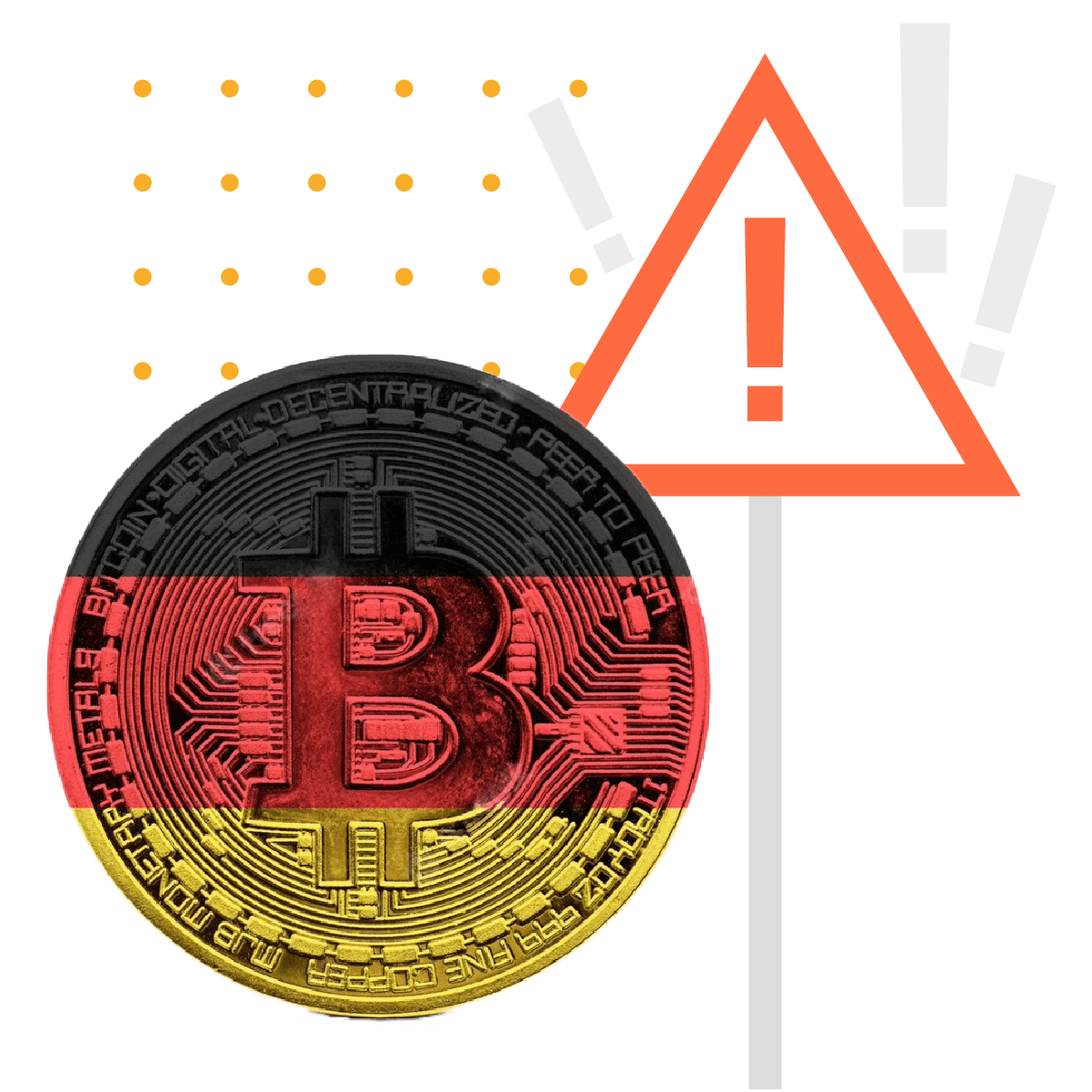Cryptocurrency in Germany: Legality, Taxation, and Regulation
Legality
In Germany, Bitcoin, Ethereum, and other cryptocurrencies are classified as financial instruments. This means that they are not considered legal tender, but they are still regulated and taxed by the German government.
Taxation
The taxation of cryptocurrencies in Germany depends on whether you are an individual or a business.
Individuals
If you invest in cryptocurrencies as a private individual, your profits are subject to capital gains tax. The tax rate is 25%, plus a solidarity surcharge of 5.5%.
Businesses
If you are a business that accepts cryptocurrencies as payment, your profits are subject to corporate income tax. The tax rate is 15%, plus a solidarity surcharge of 5.5%.
Regulation
The German government has taken a number of steps to regulate cryptocurrencies. In 2013, the German Federal Financial Supervisory Authority (BaFin) issued a warning about the risks of investing in cryptocurrencies. In 2017, the German government passed a law that requires cryptocurrency exchanges to register with BaFin.
Conclusion
The German government's approach to cryptocurrencies is evolving. As the cryptocurrency market continues to grow, the government is likely to introduce new regulations to protect investors and ensure that cryptocurrencies are used for legitimate purposes.

1

Idnow
Comments